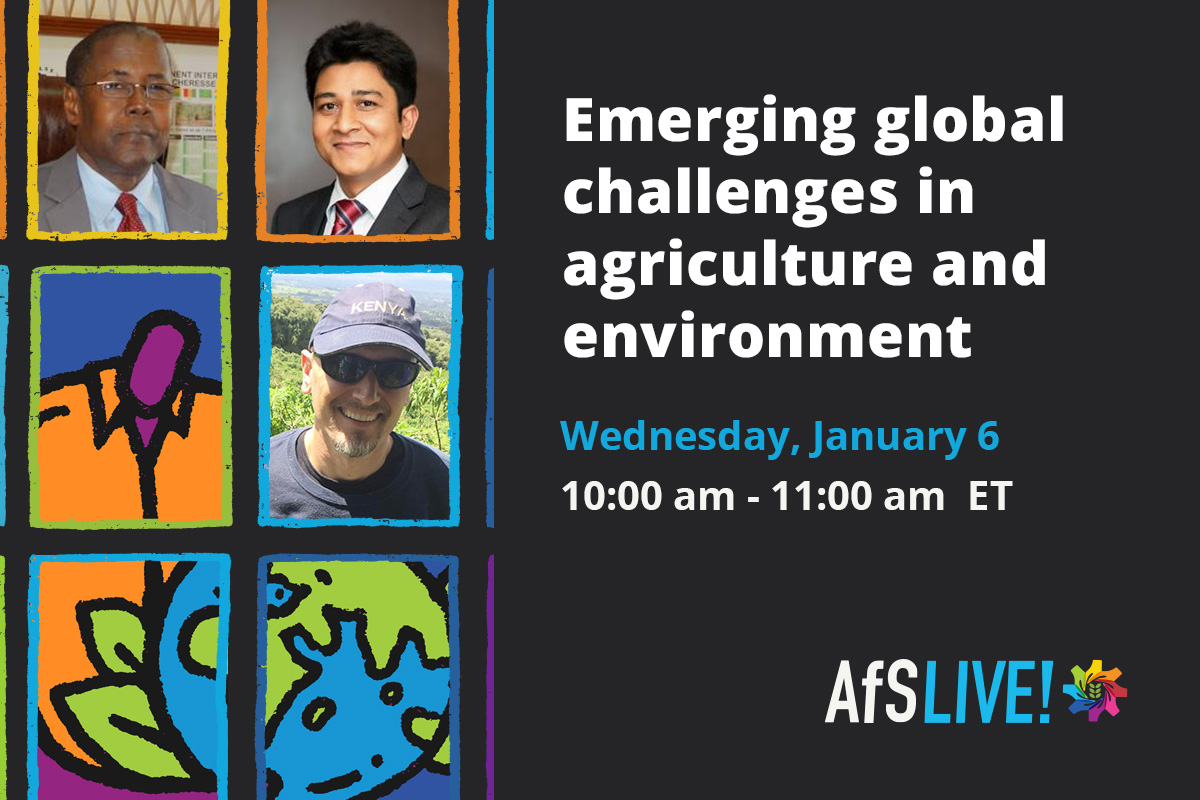What challenges in global food systems, agriculture and the environment will the incoming Biden administration inherit? What opportunities for impact can be utilized across different sociocultural contexts and geographies? Will the richest country in the world be able to realize an inclusive development paradigm that reduces poverty for men, women and children from the Sahel through South Asia to Central America? Will small holder farmers be given the tools they need to sustainably manage their land while producing enough to make a profit? According to the World Health Organization, global hunger was on the rise prior to the emergence of COVID-19. Almost 700 million people went hungry in 2019, and the pandemic is estimated to push an additional 130 million people into food security. Three billion people currently cannot afford a healthy diet, and in sub-Saharan Africa and southern Asia, this is true for 57 percent of the population. On the production side, the Food and Agriculture Organization found that the COVID-19 pandemic is substantially affecting market access for smallholder producers. Amidst these difficulties, farmers can expect to be continually challenged by climate change, depleted soils, stiff competition in markets, and emerging threats from agricultural pests and diseases. Join Djimé Adoum, Colin Christensen and Arif Hossain as they discuss these compelling issues.
Djimé Adoum, originally from Chad, is an agronomist with a PhD in agricultural extension and education from the University of Maryland. He’s the former head of the Inter-country Committee for the Fight against Desertification in the Sahel and a current board member of the International Food Policy Research institute (IFPRI). Colin Christensen is the global policy director of the One Acre Fund, a Washington, DC-based nonprofit that provides financing and training to 1 million smallholder farmers in six countries in Eastern and Southern Africa. Arif Hossain is the executive director of Farming Future Bangladesh, a communications and community engagement initiative that works to improve access to agricultural innovations to ensure sustainable food security. He holds a post-graduate degree in international relations from the University of Dhaka and is a 2015 Alliance for Science Global Leadership Fellow.
Registration
Bookings are no longer available for this event.

